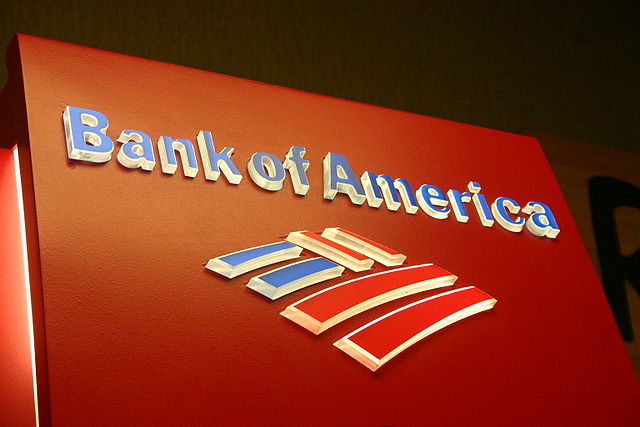Banking, finance, and taxes
Financial Stability Board's Walking Dead List
Published:
The Financial Stability Board released its evaluation of G-SIBs. Another way to put that is a review of the financial health of “systemically important” banks, those which, if they failed, could rattle the foundation of the world’s credit markets. Banks that made the list will be required to increase capital by 2016. The test, like all tests, is by its nature subjective. The firms that made the list now carry a sort of stigma that no bank wants as the global economy slips back toward recession. The designation will hurt them with investors, governments and customers alike.
There are 28 banks on the Financial Stability Board list, and the press was quick to point out that eight of those are U.S. based. They are Bank of America Corp. (NYSE: BAC), Bank of New York Mellon Corp. (NYSE: BK), Citigroup Inc. (NYSE: C), Goldman Sachs Group Inc. (NYSE: GS), J.P. Morgan Chase & Co. (NYSE: JPM), Morgan Stanley (NYSE: MS), State Street Cor. (NYSE: STT) and Wells Fargo & Co. (NYSE: WFC) — any bank of any size in the country.
Now, each of those banks must add capital. It would be a good idea for them to do so soon. The financial system remains infinitely better off than it was in 2008. But it may slip back that direction if the United States, the United Kingdom and Japan join Europe in recession. Bad loans, busted real estate values and a sharp drop in investment banking, among other things, would increase the worry about bank viability again. Next year could be too late for each firm to improve its balance sheet while maintaining the positions of common shareholders. And it was common shareholders who took the brunt of the troubles at many of these financial firms four years ago.
The eight banks have to decide, among other things, for whom they are raising the money. Of course, they have to be in compliance with the standards measured by the Financial Stability Board and, in ideal world, in a position to keep bond holders and stockholders whole. But if any bank delays the action too long, that may not be possible.
Douglas A. McIntyre
Retirement planning doesn’t have to feel overwhelming. The key is finding expert guidance—and SmartAsset’s simple quiz makes it easier than ever for you to connect with a vetted financial advisor.
Here’s how it works:
Why wait? Start building the retirement you’ve always dreamed of. Click here to get started today!
Thank you for reading! Have some feedback for us?
Contact the 24/7 Wall St. editorial team.